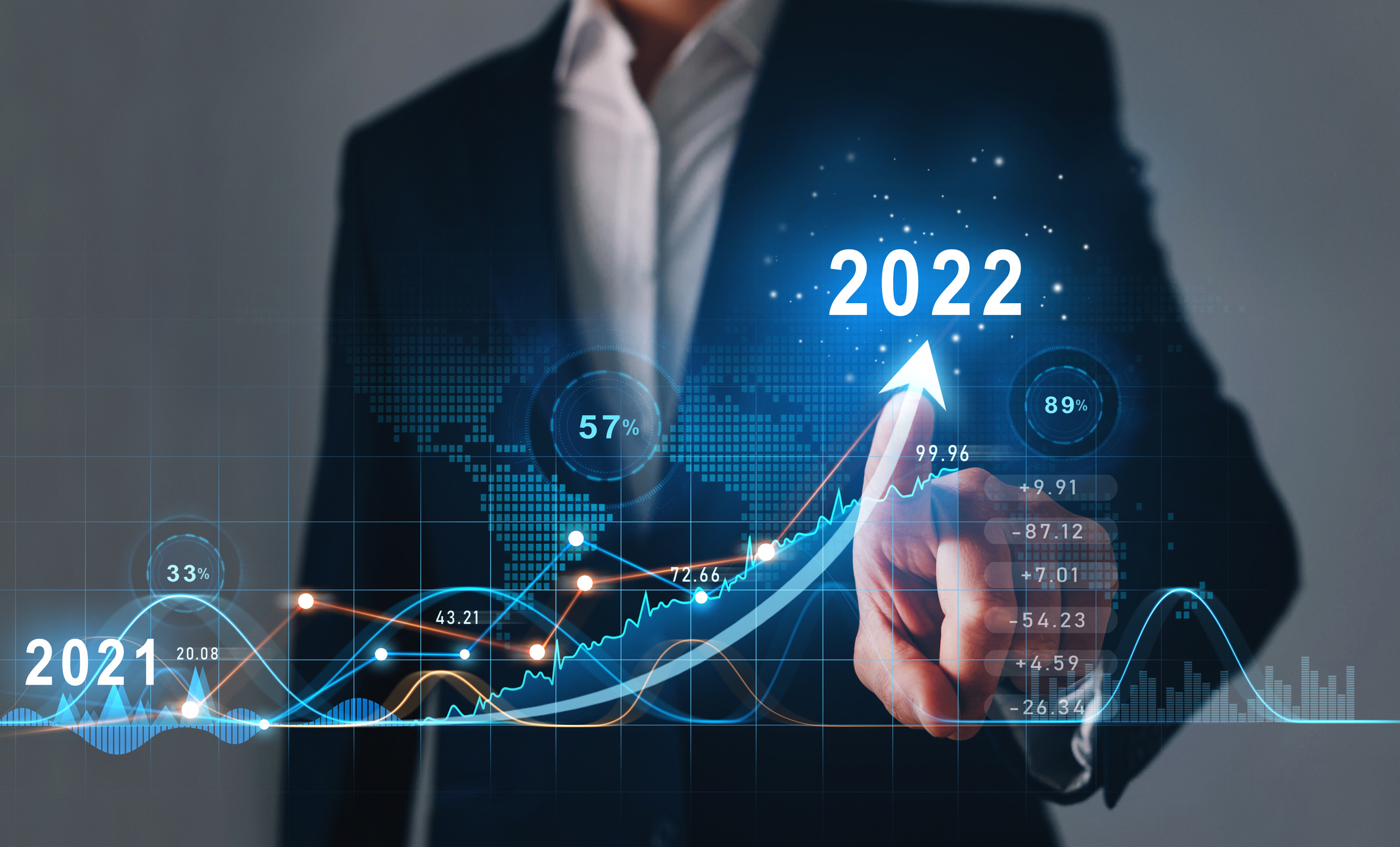A 2022 MESCR Minute
Some readers may remember the ‘5 of the Future’ presentations I delivered in the good old pre-COVID days. Here’s a strange fact: the last time I delivered the presentation in-person was at an Oil & Gas conference in Perth in March 2020. A few days later I was back in Brisbane, just in time for the first extended COVID lock-down. I enjoyed the conference, the large audience, the crowded conversations during coffee breaks and lunch- with no idea our lives were about to change. Seismically. Ahhhh, the good old days, Ahhh the innocence.
Anyway, with the world now seemingly emerging from COVID I thought it was timely to review the issues we were facing in the pre-COVID days and see if they were still relevant in the brave new world we are apparently entering.
Are the five strategies still relevant? Let’s find out…
I developed five broad strategies for futureproofing business by analysing several sources including the respected detailed report ‘State of Supply Chain Australia 2020’ from the Australian Supply Chain Institute (ASCI) and reports from the Gartner Institute, Deloittes and many others. To assess ‘current relevance’ I reviewed several current reports, analysis and anecdotal commentary including the recently released, excellent report from Ai Group: ‘Australian Supply Chains: State of Play Dec 2021-2022- a survey of CEOs’
Here’s my five strategies to build a relevant, sustainable, and resilient business within a larger demanding supply chain and a rapidly transitioning economy.
- Get Ready
There is fundamental change coming to every business in Australia and the world. It’s time for every business to ‘get ready.’
New compliance rules (e.g. ESG- (Environment Social Governance); Net Zero Carbon Emissions per company; fully digitalised, integrated end-to-end supply chains; a definite move to sovereign capability; and much more. There are major changes coming – rapidly - and each will require fundamental changes to your business operation.
So, it’s time to get ready, it’s time to learn what you need to know, what you need to do, what you need to prepare, what you need to remain a sustainable resilient supplier in the new world.
There are many ways to do this, and there is a lot of support. One way is to listen to the ‘What on Earth...’ podcast with myself, Tennant Reed and Paul Hodgson discussing all the above. Another is to contact your Ai Group account managers and ask about the many support programs available.
- Get it Right
With all the changes coming to your business now is the time to be operating the current business as efficiently as possible: it’s the time to eliminate cost, to ensure all databases are accurate and secure, to ensure relationships with suppliers and buyers are robust, open, and integrated, and now is the time to ensure the business is well-managed, flexible, and adaptable. The coming changes will put pressure on management, operating systems and staff. The pressure will be greater if, at the same time as you are trying to implement change, you are also trying to ‘get it right’ with the current systems.
So, the management mantra must be ‘Get it right, right now!’ The lessons from the stress-testing of the COVID era will no doubt provide a Pareto Graph of urgently needed improvements.
- Get Fluid
The recent challenges have reminded us to face the coming changes with the attitude of adaptability: the capacity to adapt quickly to the ever-changing marketplace: both upstream and downstream.
The most sustainable companies are the ones that have systems and management processes that enable fast pivoting and smart reaction to new conditions.
Look to your management culture and attitude, combine this with a current and insightful knowledge of the market and the supply chain, and to your company-wide commitment to constant change. Use data and analysis along with management ‘smarts.’
- Get Cashed Up
Adaption, change, flexibility: it all needs cash. Cash is king, cash is survival, cash is lifeblood. Now is not the time to be buying equipment that may quickly become obsolete, nor is it the time to be tying up your cash. Look to flexible arrangements such as alliances, clusters, flexible leasing arrangements whilst also reducing payment days from your clients. Price for cash. Look to your balance sheet for cash. Stay aware of your cash ratios. Look for new ways to increase liquidity: And remember, highly liquid organisations are also very flexible and adaptive.
- Get Digital
It's time to move from clunky, inefficient processes to Industry 4.0 integration and management: your buyers and end-consumers will continue to choose suppliers with visible, efficient digital processes- every business should be moving its purchasing processes, production processes, supplier engagement, client management, business analysis and product visibility to digital visible processes. Technology enables efficiency, flexibility, and visibility.
Collaboration and engagement with your marketplace are increased when a business has digitalised information sharing and decision synchronisation (ASCI report).
Digital engagement and operations will increasingly be the expectation of your marketplace. Yet the ASCI report of 2020 found that only 15.3% of surveyed companies had an ‘holistic digital strategy’. And over 32% had no digital strategy.
The early lesson from COVID is that companies with digital strategies performed better over the period. It’s time to digitalise.
‘The 5 of the Future’ are just my personal thoughts on strategies to adopt to prepare for Supply Chain Resilience. What are your strategies? I’d love to hear.
Enjoy the week ahead,
James.
Want more information?
Contact MESCR GM James Scotland (james.scotland@aigroup.com.au) or get in touch via our LinkedIn here.

